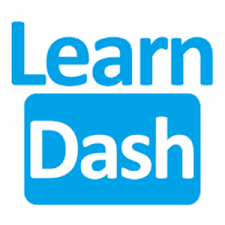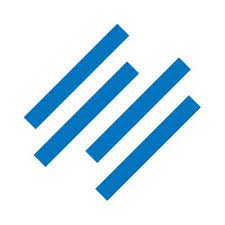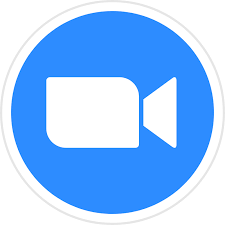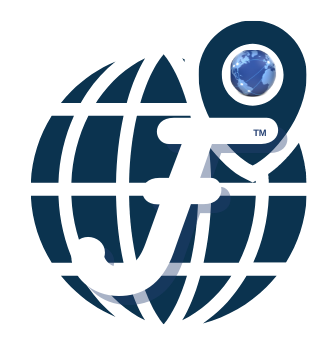HonuaTreEAI Entrepreneur Affiliates
With a Focus on Helping Entrepreneurs Succeed
Supplemental Education
Title 1 Funded Education Programs
Title I is a federal education program that supports low-income students throughout the nation. Funds are distributed to high-poverty schools, as determined by the number of students who qualify for free or reduced lunch. The funds can be used to hire additional teachers or teaching assistants, to provide computers or software, to fund before, after, and summer school programs, and to purchase additional materials or equipment.
WHICH STUDENTS IN OUR SCHOOL PARTICIPATE IN THE TITLE I PROGRAM?
Because all of our Title I schools are designated as “school-wide” Title I schools, all children in the Title I schools are eligible for services. When data indicate the need for interventions either because of low performance or at-risk behaviors, any student is eligible for Title I services. Your child may qualify for tutoring, before or after-school programs, technology support, a classroom with fewer children, or summer school. In addition, when Title I schools receive additional programs, they are available to all students for which they are designed regardless of their free or reduced lunch status.

Supplemental Education is ideal for educators interested in providing after-school tutorage services.
HonuaTreEAI enables educators to provide distance learning services across multiple disciplines, including Supplemental Education to help students improve academically.

Public schools are learning institutions that are funded by local, state and/or federal governments. They offer general education opportunities to children in kindergarten through grade 12.
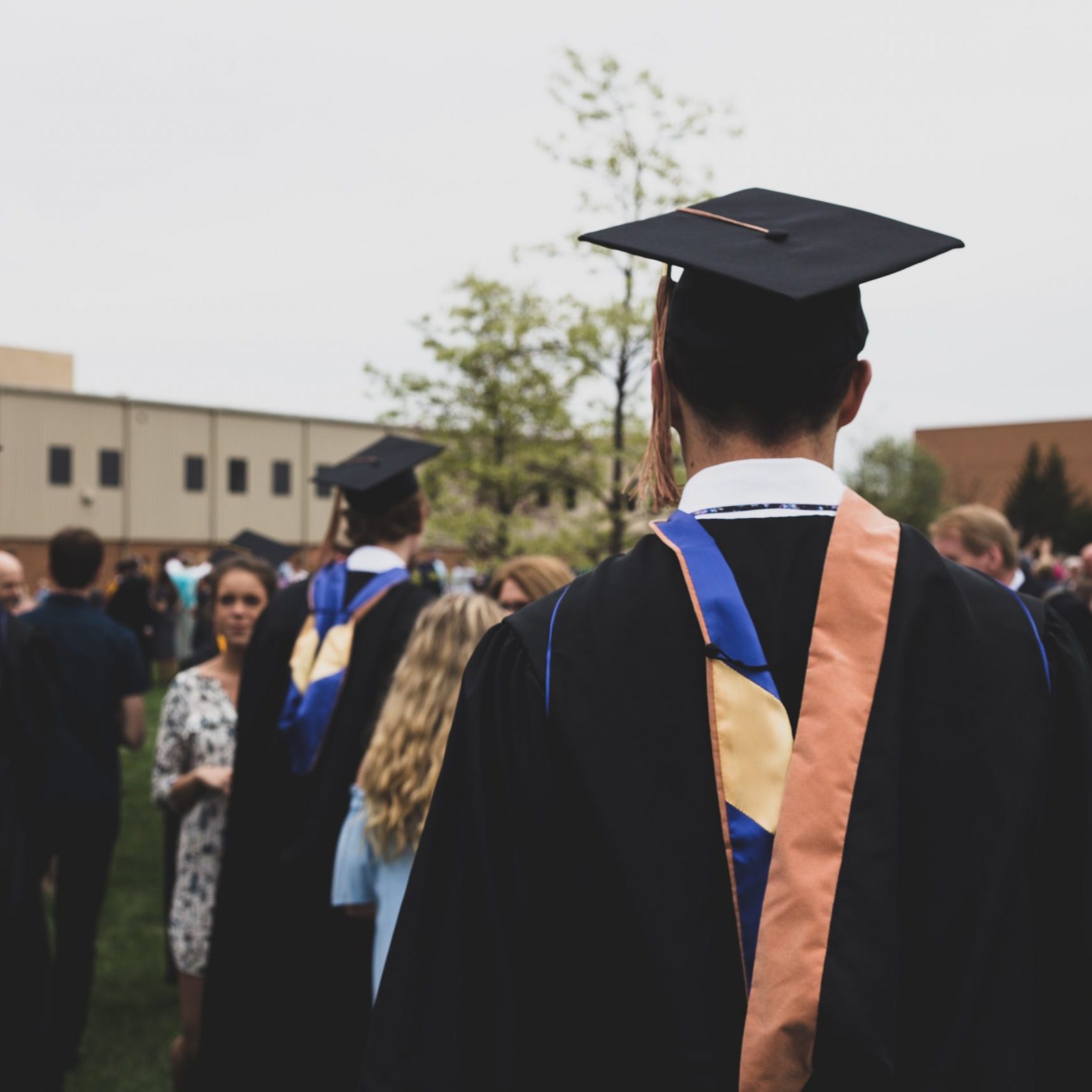
Independently operated public schools that have the freedom to design classrooms that meet their student's needs, allowing parents to take a more active role in their child's education.

Privately owned and funded without the assistance of local, state, or federal governments. Elementary, middle, and secondary schools can be private, as can colleges and universities.

Experienced licensed educators who set up and operate their own online distance learning businesses - hang out their shingles,
